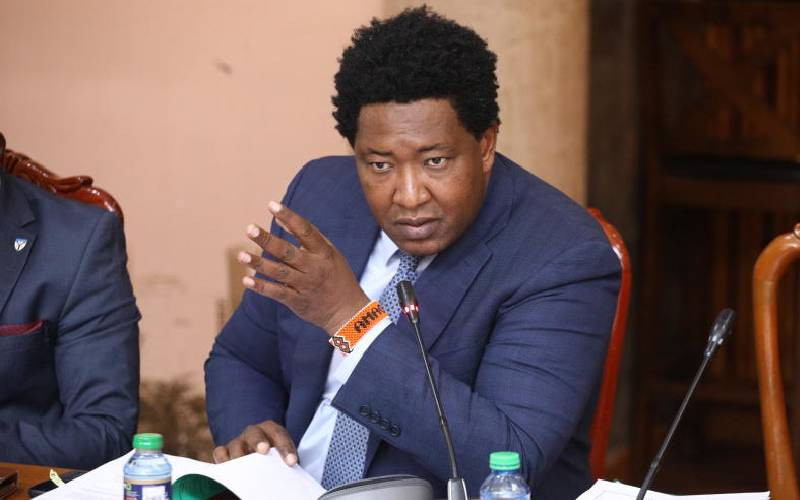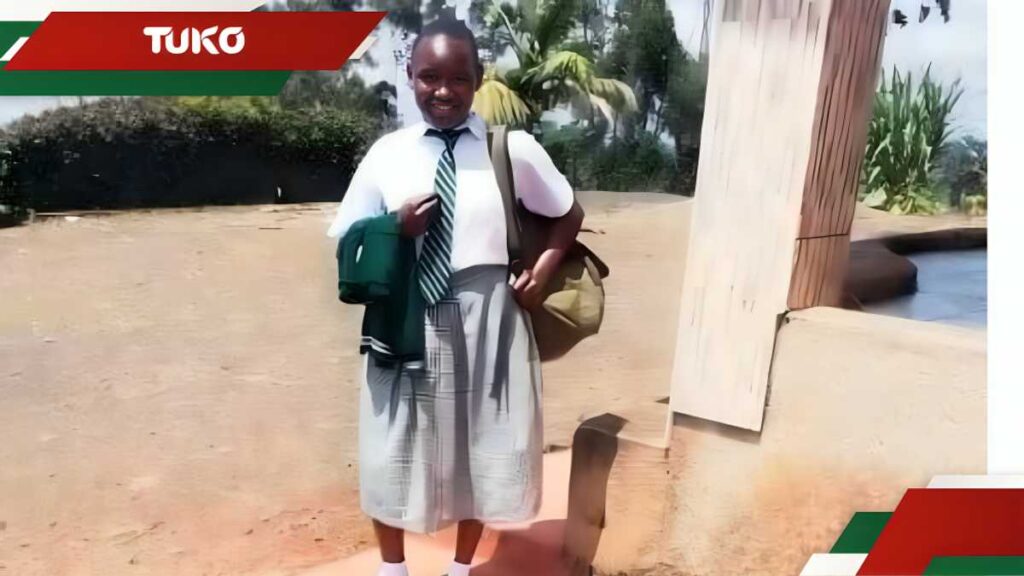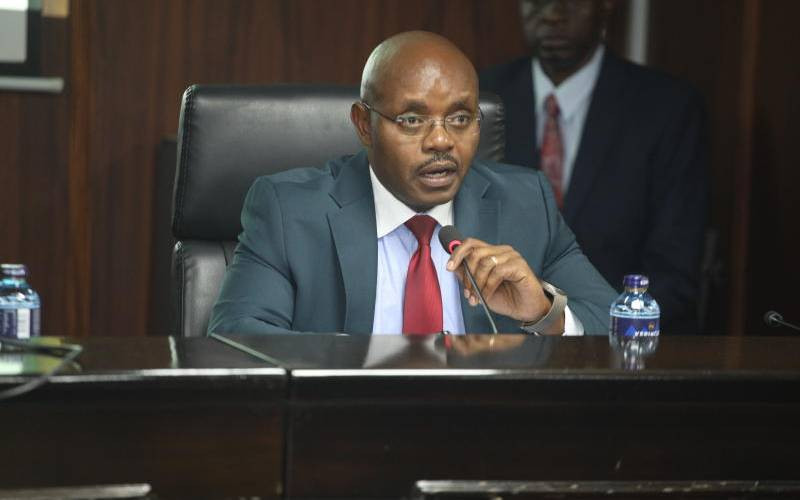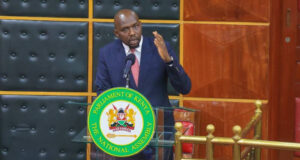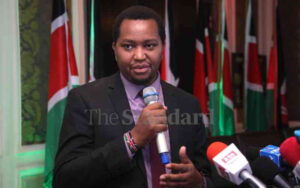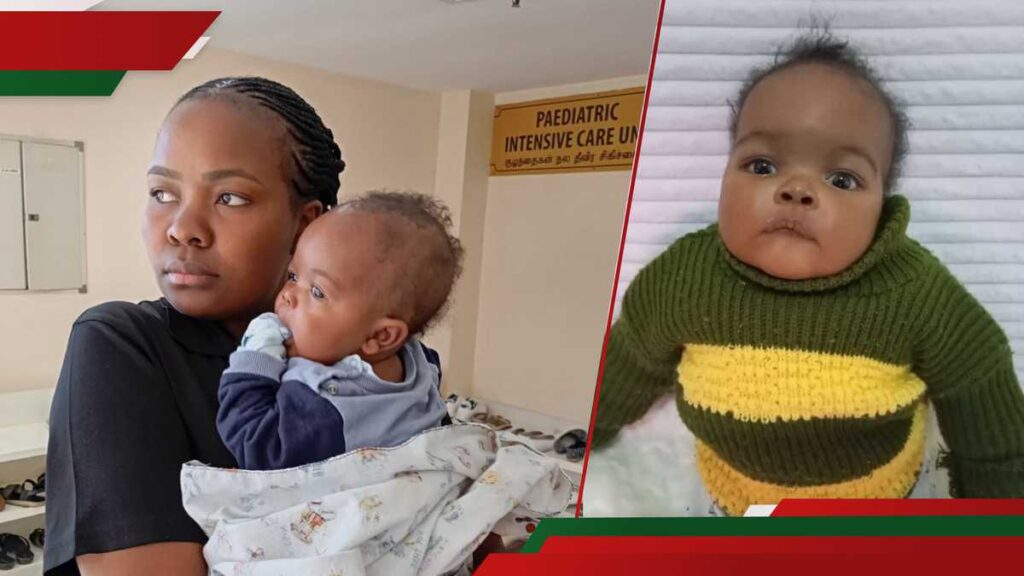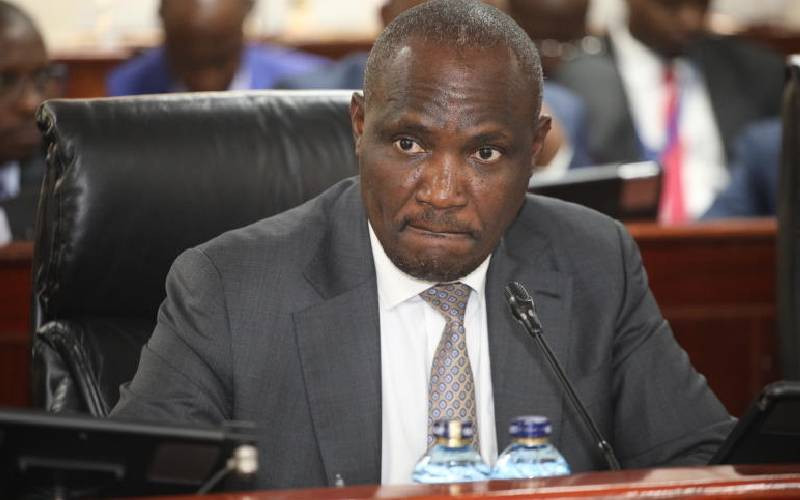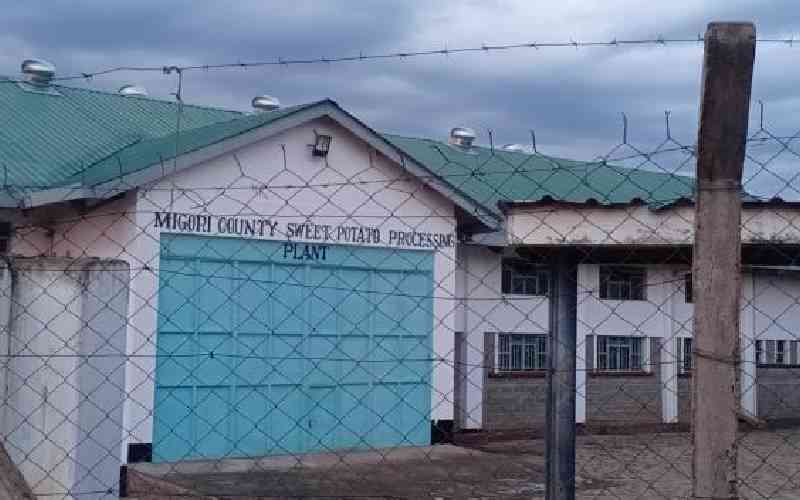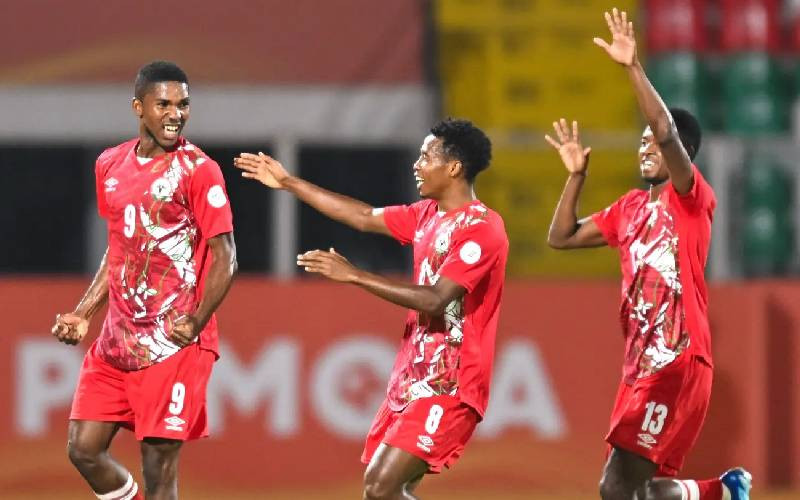Leaders from the Maa-speaking counties are divided over Narok Senator Ledama ole Kina’s youth meeting set for today.
The Senator said he intends to distribute bulls to over 10 youth groups as part of his plan to uplift the young people and combat poverty.
“It’s time to change our future as a community. We must end poverty. April 3rd, 2025, is the beginning of an economic revolution for the Maa youth,” he posted on X.
However, the meeting, to be held in Sajiloni Village in Kajiado Central, has sparked controversy in the region’s political leadership.
Some local leaders view Kina’s action as an attempt to wrestle the community’s leadership from Kajiado Governor Joseph ole Lenku, who currently holds the position of the national Maasai spokesperson and chair of the Maasai Economic Council.
Lenku, Kajiado Senator Samuel Seki and the Maasai Council of Elders have opposed the meeting, warning that it threatens the unity of the community.
On Tuesday afternoon, the elders issued a statement condemning the gathering, arguing that it was politically motivated and counterproductive to the interests of the community.
“The Senator from Narok has never held even a single empowerment meeting in his own county. Why the sudden interest in Kajiado, if not to further a selfish political agenda?” said the chairman, Kelena ole Nchoe.
The over 20 elders, including Joseph ole Karia (patron) and Matiko ole Sadera (Narok North chair), also raised concerns about the source of the resources funding the event.
They further warned that the meeting could be a provocative move aimed at advancing the ambitions of individuals aligned to President William Ruto, particularly those eyeing the 2027 gubernatorial race.
“We know that ole Kina has never held a rally in Narok on his own. What we understand is that the Senator is being used by a State House operative,” said Karia, who taught the Senator in primary school.
“I am sure our senator has been given some cash by certain individuals to cause disharmony among the community in Kajiado. If he is trying to take the community’s leadership position, he should forget about it.”
Last week, during a book launch by land activist Meitamei Ololdapash in Nairobi, Governor Lenku condemned the meeting, dismissing the Senator as a “gun for hire” seeking to split the Maasai community.
Stay informed. Subscribe to our newsletter
Lenku’s sentiments were echoed by Richard Oloitiptip, chairman of the Kajiado chapter of the Council of Elders, who claimed the meeting was clan-based and designed to undermine unity ahead of the 2027 elections.
The conflict highlights deeper issues within the Maasai community regarding political influence and leadership.
So far, Kina has insisted that he does not need to consult any political leader to hold a rally in Kajiado.
“Join us as we embark on a transformative journey within the Maasai Community. Together, we have the power to create positive change — when we unite, we grow stronger and our voices are heard. Let’s stand together for a brighter future,” said Kina in an invite to the meeting.
In a separate post on his X account, the Senator accused Governor Lenku and Senator Seki of attempting to intimidate him.
“Governor ole Lenku and his associate, Senator Seki, are actively following through on their recorded threats to incite violence at my meeting on April 3. Today, they sent individuals to vandalise my billboards in Kajiado Town and Kiserian Town.”
“This kind of intimidation is unacceptable and will not deter me from my mission. Tomorrow, I will replace the billboards again. Let them vandalise them once more, then the long arm of the law will deal with them accordingly.”
As the political showdown unfolds, the question remains whether Kina’s initiative will empower the youth as intended or only deepen the rift among leaders as the 2027 political contest begins to take shape.
The coming days will be crucial in determining the political future of the community’.








